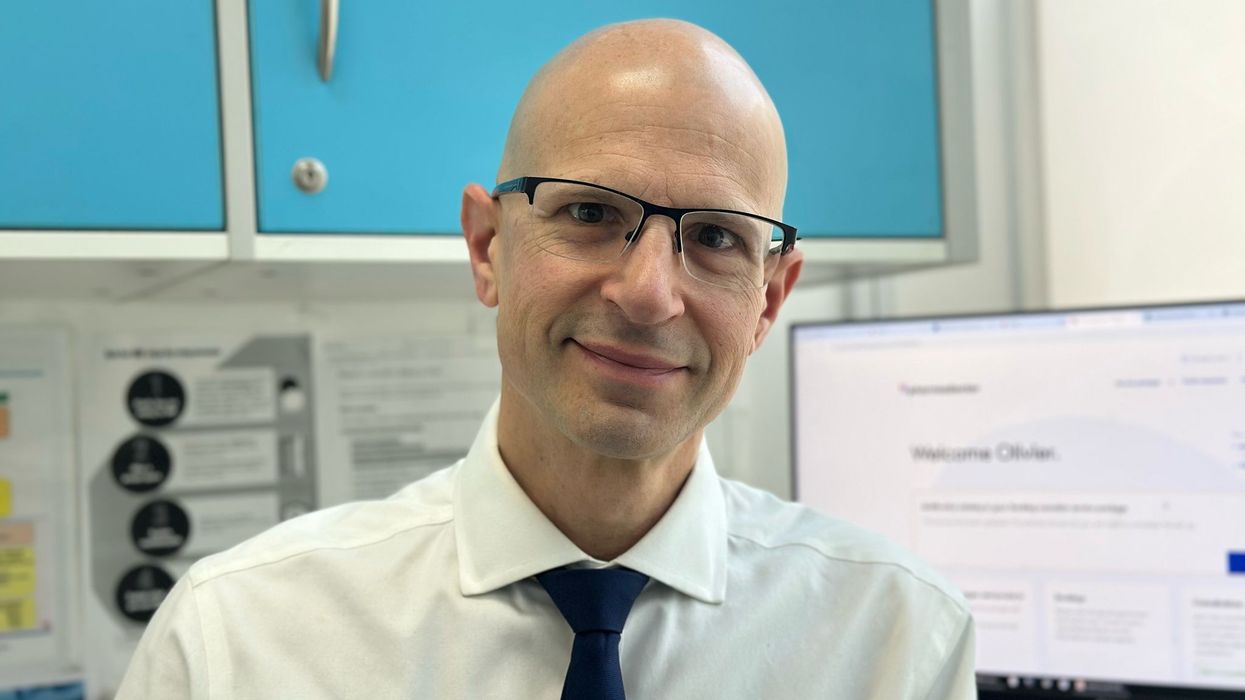The General Pharmaceutical Council (GPhC), along with other healthcare regulators, today launched a new guide to help people access safe and right medicines or treatment online.
The guide has a six-point check list for anyone going online for medicines or treatment:
- Check if the online healthcare service and healthcare professionals working there are registered with UK regulators.
- Ask questions about how the service works
- Answer questions honestly about your health and medical history
- Find out your options for treatment and how to take any medicines you’re prescribed
- Expect to be asked for consent for information to be shared with other healthcare professionals involved in your care
- Check what after-care you will receive
“Online healthcare services and apps can bring real benefits for people, but there can also be significant risks, particularly if you use online services which are not regulated in the UK,” commented Duncan Rudkin, chief executive of the GPhC.
“We hope this advice will be particularly helpful during the coronavirus outbreak, when more people may be considering going online for medicines and when some unregulated websites may be offering fake medicines or false information”.
The guide also offers supporting information such as methods to check the regulatory status of the services and professionals.
In addition to the GPhC, the online guide is supported by Care Quality Commission, Healthcare Improvement Scotland, Healthcare Inspectorate Wales, General Medical Council, Medicines and Healthcare Products Regulatory Agency, Nursing and Midwifery Council, Pharmaceutical Society of Northern Ireland, Pharmacy Forum NI and the Royal Pharmaceutical Society.
Sandra Gidley, president of the RPS, said: “It is important to recognise there are benefits and risks to buying medicines online. Keeping patients safe is essential as there are many unregulated sites out there which look legitimate.
“The guidance builds on recommendations from across healthcare that will help people to avoid illegal sites and help protect patients from fake medicine or obtaining prescription-only medicines without a prescription.”











